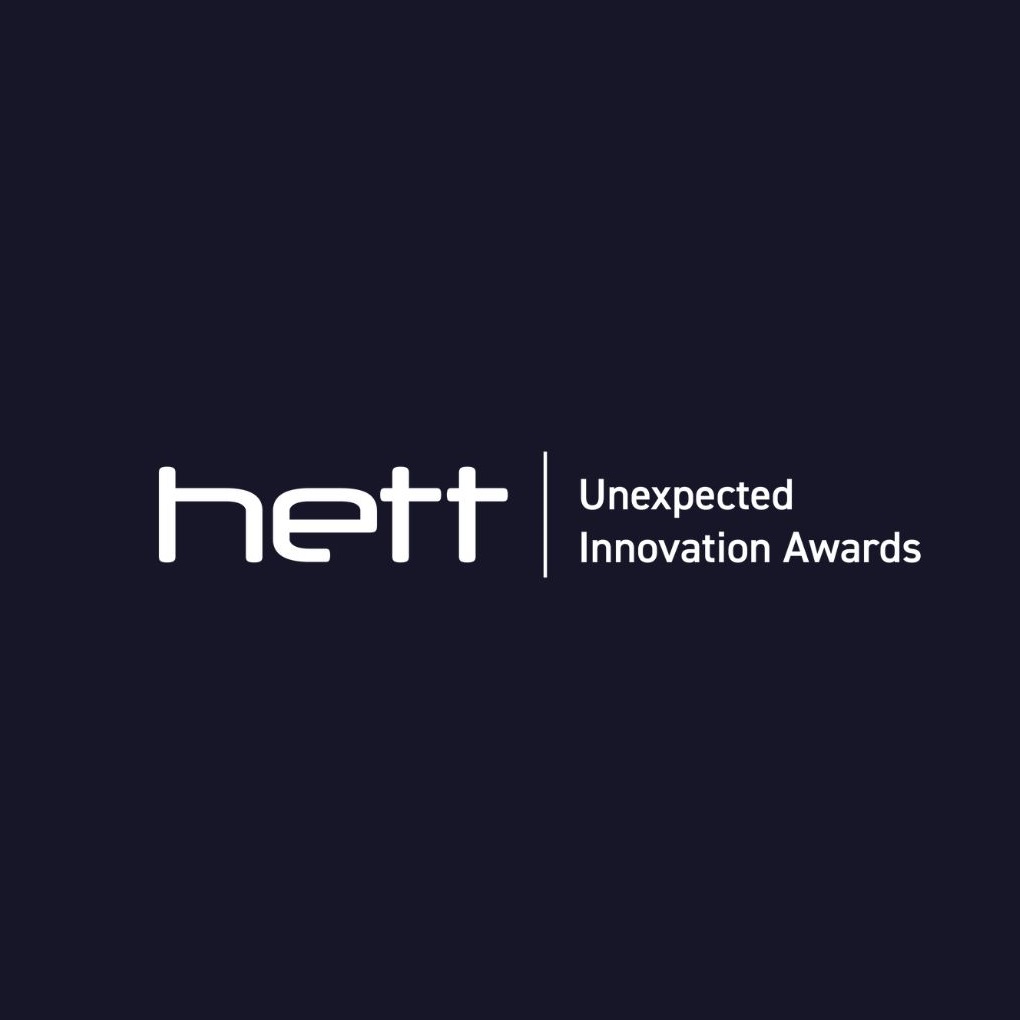The HETT Unexpected Innovation Awards returns in November 2022 to celebrate the very best in experimental design, collaboration, and leadership in digital healthcare.
The event showcases champions of digital health innovation and highlights some great stories of transformation. The awards bring together the health and care ecosystem and highlights best practice examples to inspire more to do the same.
Nominees will have demonstrated a reactive and agile approach when working with clients or other industry players, allowing for flexibility and response in their design to service, leading to important end results.
The three shortlisted submissions for this category are:
ORCHA
Consumer research commissioned by ORCHA revealed an uncomfortable truth. Whilst 65% of the public are open to trying digital health, it is rarely recommended to patients by health or care professionals. Only 3% of recommendations come from hospital doctors, 6% from GPs and 2% from nurses.
Healthcare staff are overstretched and many struggle to keep pace with technology. This lack of digital confidence is a fundamental obstacle to digital adoption. Despite strategic level support for a digitally enabled NHS and care system, grass roots training for the frontline staff is scarcely available.
The ORCHA Digital Health Academy is a unique collaboration between two industry suppliers that fills this gap. It is a free, CPD-accredited online learning platform, available to every single NHS and care worker in the UK, offering simple and easily accessible training for staff who desperately need it.
ORCHA designed the online academy with the help of tech industry experts, academics and clinicians. The free, CPD-accredited training resource delivers expert insight and education in accessible, bite-sized chunks.
The foundation module courses, which give NHS professionals a basic understanding of digital health, have become a core tool used by many NHS organisations. It is now the number one accessed catalogue on the Health Education England learning hub and has been embedded into learning platforms at many trusts.
The academy has had an extremely positive response, with 10.5m page impressions on the website and 1,000 delegates.
Better
Through effective collaboration, leadership, and a data-driven implementation approach, South London and Maudsley NHS Foundation Trust (SLaM) became the first mental health trust to successfully deploy the Better Meds ePMA solution. This has led to safer medication practices, better patient experience, and improved efficiency.
The project’s success was particularly important for the digital maturity of the trust as it had previously made two failed attempts to deploy an ePMA solution before selecting Better Meds.
Better, the trust, and implementation partner, CGI, ensured all relevant stakeholders were included from the start to encourage engagement and full buy-in.
To date, SLaM has successfully rolled out the ePMA solution across three wards. Benefits for the trust include a significant reduction in paper use, as well as improving data quality. For example, 900 paper charts were eliminated in the pilot ward, reducing carbon footprint and saving paper costs. The estimated potential combined time savings for nurses, doctors and pharmacists is over 1,300 hours per quarter.
As a Global Digital Exemplar (GDE), SLaM, recognised the importance of improving the safety and efficiency of medication processes within the trust. For patients, this means a reduction in medication errors in prescribing, dispensing, and administration.
Data collected from each go-live allowed the trust to streamline subsequent roll outs with a 70% reduction in issues in the go-live.
The successful deployment of Better Meds ePMA solution at SLaM demonstrated effective communication and collaboration, as well as taking a data-driven approach to digital transformation.
Sapien Health
Sapien Health combined with South Tees Trust to run a 57-person quality improvement project using the Sapien remote prehabilitation programme to help lower limb arthroplasty patients prepare for surgery. The solution uses remote health coaching, coupled with a person-specific structured education programme, to help patients prepare body and mind for their upcoming surgical treatment.
Prior to the pandemic, patients had the choice of face-to-face prehabilitation or a self-directed programme accessed from home via the South Tees prehabilitation team’s website (Prepwell). When the pandemic hit, the trust approached Sapien to give patients more options to prepare from home.
57 patients elected to participate in the Sapien programme, with 40 following the programme to completion. 71% of patients had a higher Patient Activation Measure (PAM) on exit, with the number of low activation patients (levels 1 & 2) decreasing from 35% to 15%. Median length of stay was reduced by one day. Patients were highly satisfied, giving a Net Promoter Score of 90.
It was estimated that if every patient awaiting lower limb arthroplasty went through the programme, it would equate to a £437,000 annual saving.
Another service evaluation at Sherwood Forest Hospitals showed similarly positive results, with 97% of the cohort saying they would be very or somewhat disappointed to lose Sapien. As a result of this successful pilot, funding was received to run a 200-person randomised controlled trial (RCT) across Sherwood Forest and Royal Berkshire Hospitals.
Visit the HETT Unexpected Innovation Awards 2022 website for more information about the categories and the upcoming awards ceremony.

The HETT Unexpected Innovation Awards will take place on 23 November 2022 to celebrate the very best in experimental design, collaboration, and leadership in digital healthcare.
%20(1).png?width=500&height=58&name=HETT%20insights%20logo%20RGB-04%20(1)%20(1).png)

